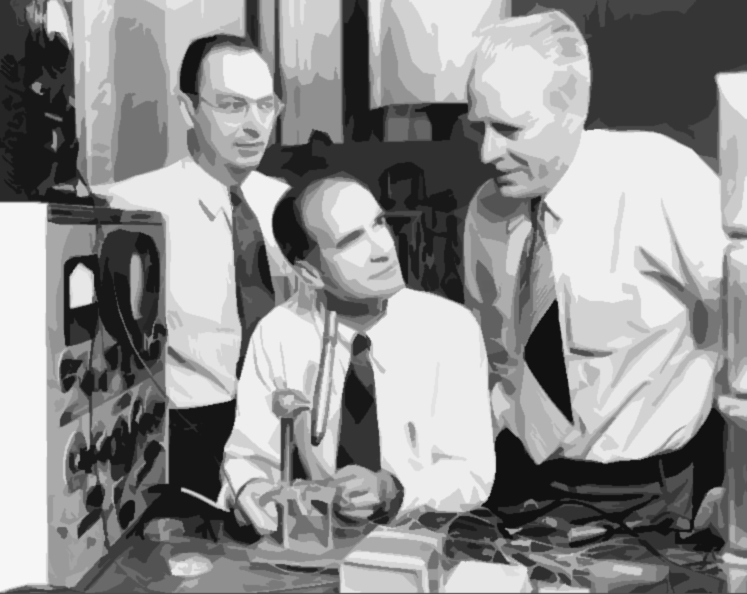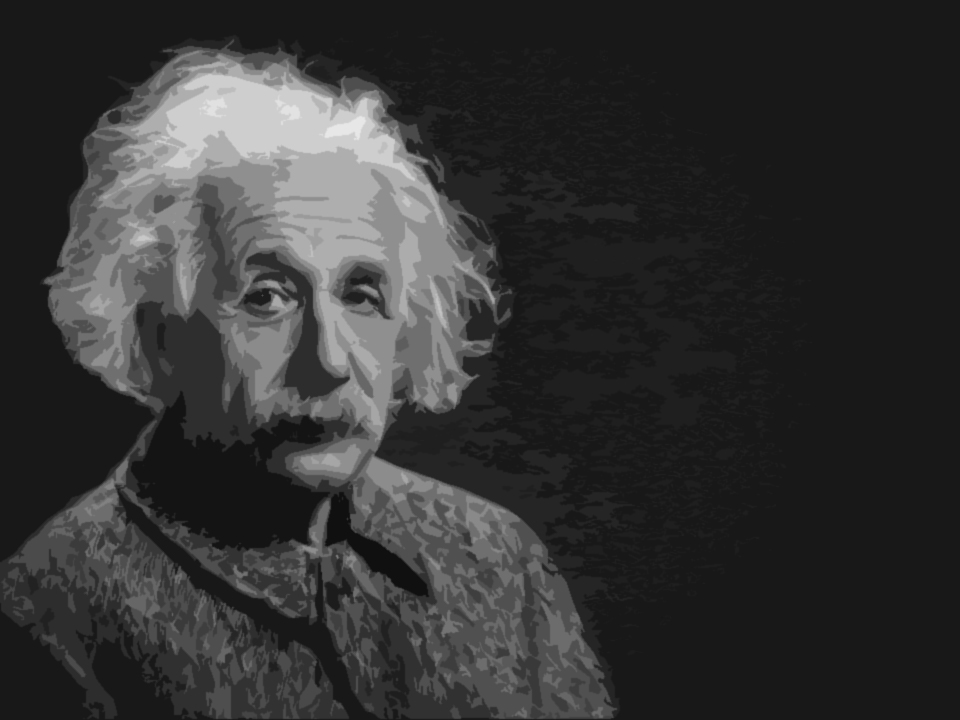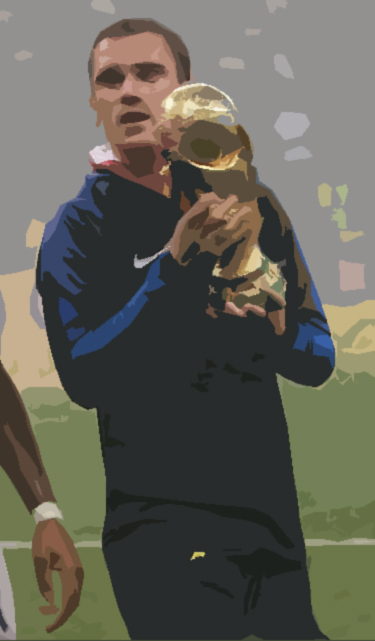When your teachers say you’re weak …

September 7, 2019
How often have you been told that you need to study hard and get good grades to be successful—because success is reserved for the “smart”? Children whose names appear on honor rolls are often predicted to have great futures. But what about those who aren’t on the list? What about children with lower grades, whose teachers called them lazy, mediocre, or weak? Such comments can deeply damage self-confidence and suppress our true strengths.

Take the example of William Shockley—Nobel Prize winner and inventor of the transistor. As a child, he participated in a fascinating experiment. A group of children was given an IQ test, and researchers wrote down the names of those with the highest scores to track their development. The goal was to prove that a high IQ determines life success. But the result was quite the opposite: young William didn’t make the “gifted” list, yet he later received the highest honor a physicist can achieve—the Nobel Prize.

And how did teachers remember Lionel Messi? As a shy, lazy student who lacked motivation and useful skills. But that doesn’t align with the reality of him becoming one of the best footballers in the world, a role model, and a successful businessman. The issue is that teachers focused only on academic performance and made assumptions based on limited results. Maybe Leo wasn’t great at French and didn’t try hard in school—but that didn’t make him lazy. On the football field, he became a fireball. He didn’t spend time on things that didn’t interest him, which allowed him to focus on what he truly loved—and to master it! Everyone has strengths and weaknesses. We should develop our strengths.

Did you know that Albert Einstein was initially rejected from polytechnic school because of poor grades in the humanities? His parents were concerned because he started speaking very late. They encouraged him to think in images instead of words, and this unique approach helped him later formulate the theory of relativity using “thought experiments.” There’s even a term coined by Thomas Sowell—“Einstein Syndrome”—that describes exceptionally intelligent people who begin speaking later in life. Who would have thought that this apparent flaw could actually be an advantage?

Antoine Griezmann dreamed of becoming a football player from an early age, but coaches at French clubs rejected him due to his short stature. They told him he was too small and too thoughtful to ever become a professional player. Had young Antoine believed them, he wouldn’t be playing for FC Barcelona or the French national team today. Laurent Koscielny and Franck Ribéry were also rejected due to poor physical attributes. There’s no doubt those coaches were wrong. But if their discouraging words had caused these kids to give up on their dreams, they would never have discovered how much they were capable of. How many young talents have been wasted because of poor judgment from trainers?
This article is meant to show you that you don’t have to be good at everything—and you can’t be. Even the greatest geniuses had weaknesses. But by focusing on what they were truly good at, they became experts. You don’t need to be successful in every field—just in the one where your potential lies. Think about what you love most—be it sports, art, or science. It doesn’t matter what others think of you. Teachers, parents, coaches—they don’t know all your talents, predispositions, or capabilities. They can’t predict what you can truly achieve. Only one person can find that out. And that person is you!
SEO Keywords:: motivation, success, Lionel Messi, William Shockley, Albert Einstein, Antoine Griezmann, Franck Ribéry, footballer stories, self-confidence, develop strengths, IQ test, misunderstood students, child potential, inspirational success stories, famous personalities, overcoming failure, personal development, genius weaknesses




